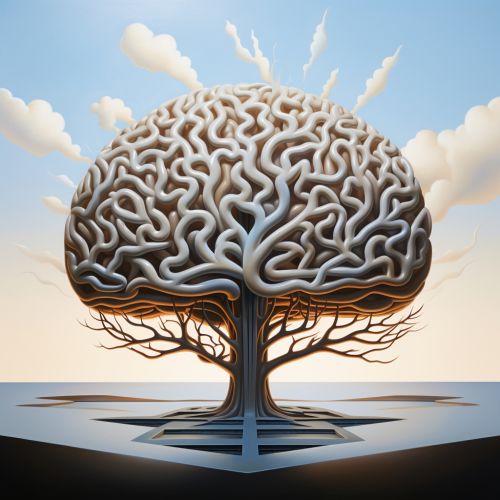Theories of Creativity
Overview
Creativity is a multifaceted phenomenon that has been studied from various perspectives, including psychological, cognitive, educational, philosophical, and sociological. Theories of creativity attempt to conceptualize this complex construct, providing insights into its nature, origins, and implications. This article delves into the major theories of creativity, exploring their premises, strengths, and limitations.
Psychoanalytic Theory of Creativity
The psychoanalytic theory of creativity, primarily associated with Sigmund Freud, posits that creativity arises from the unconscious mind. Freud suggested that creative individuals have a greater ability to tap into their unconscious, allowing them to express latent desires and resolve internal conflicts through creative output.


Humanistic Theory of Creativity
The humanistic theory of creativity, championed by psychologists like Abraham Maslow and Carl Rogers, emphasizes the role of self-actualization and personal growth in creativity. This theory posits that creativity is an inherent human potential that can be nurtured and developed through supportive environments and experiences.
Cognitive Theory of Creativity
The cognitive theory of creativity focuses on the mental processes involved in creative thinking. It suggests that creativity involves the ability to generate novel and valuable ideas by combining existing information in new ways. This theory has been instrumental in the development of techniques to enhance creative problem-solving.
Systems Theory of Creativity
The systems theory of creativity, proposed by Mihaly Csikszentmihalyi, views creativity as a systemic phenomenon. It posits that creativity is not solely a characteristic of individuals but emerges from the interaction between individuals, their work, and their socio-cultural context.
Evolutionary Theory of Creativity
The evolutionary theory of creativity applies principles of natural selection to the realm of ideas, suggesting that creativity involves the generation of diverse ideas and the selective retention of the most adaptive ones. This theory provides a bridge between biological and cultural perspectives on creativity.
Social-Personality Theory of Creativity
The social-personality theory of creativity highlights the role of personality traits, motivational factors, and social environments in fostering creativity. It suggests that certain personality traits, such as openness to experience and risk-taking, are associated with higher levels of creativity.
Neurobiological Theory of Creativity
The neurobiological theory of creativity explores the neural mechanisms underlying creative cognition. It suggests that creativity involves the dynamic interplay of various brain networks, providing insights into the biological basis of creativity.
Conclusion
While no single theory can fully capture the complexity of creativity, these theories collectively provide a comprehensive understanding of this multifaceted phenomenon. They highlight the interplay of cognitive, emotional, social, and biological factors in the creative process, underscoring the richness and diversity of human creativity.
